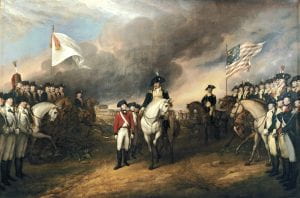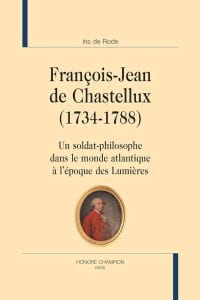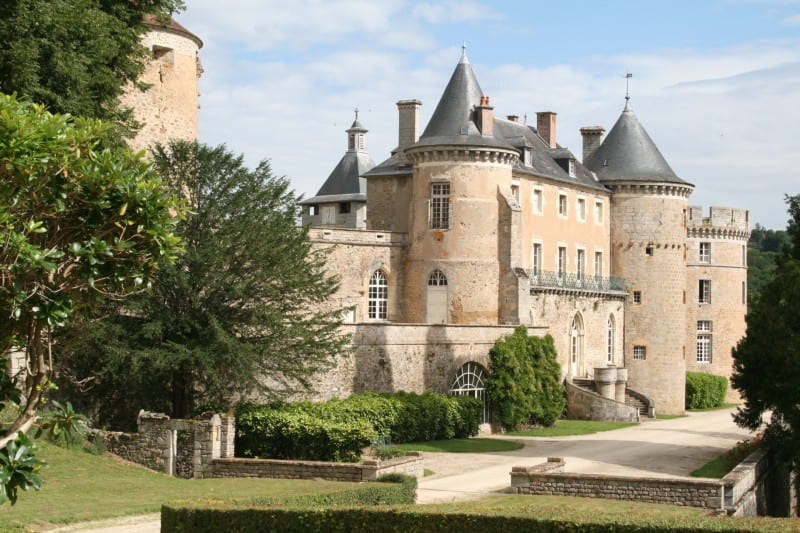
As the author of a doctoral dissertation and two books exploring French participation in the American Revolution, my examination of this historical epoch unfolds from a unique vantage point – the French perspective. A pivotal aspect of my research involves delving into untapped source material from private French collections. Foremost among these are the private papers of French Major General François-Jean de Chastellux (1734-1788), who served directly under General Rochambeau. I discovered this collection within the ancestral Château de Chastellux, which also houses letters from notable figures such as George Washington, Thomas Jefferson, Benjamin Franklin, John Adams, and the Marquis de Lafayette. While exploring Chastellux’s papers, I also identified another invaluable unpublished source collection in the French town of Le Creusot – the papers of Major General Antoine-Charles de Vioménil (1725-1793) – another important officer who served under Rochambeau during the American Revolutionary War. These two collections, previously inaccessible to scholars, provide new insights into the French role in the American revolutionary war effort and the intricacies of collaboration between the French and American armies.

Contrary to common historical perceptions characterizing the Yorktown campaign as a “miracle” or hastily organized event, my research unveils a different narrative. It demonstrates that the French-American cooperation persisted far longer than traditionally recognized. It involved thorough collaboration, training, map-making, and reconnaissance missions between allies who diligently laid the groundwork for the Yorktown campaign over a period of nearly a year. The successful cooperation between the French and the Americans can be attributed not only to intensive preparation, but also to the cultivation of newly formed friendships and trust, and to common interests among the officers. These elements played a crucial role in facilitating collaboration, enabling them to work together and surmount numerous challenges, despite notable cultural, religious, and military differences.
Furthermore, my research reveals the multifaceted nature of the French-American alliance during the Revolution, presenting it not merely as a military partnership but as a complex network of interconnected relationships among French and American allies. Essential components of this alliance included the intellectual, commercial, political, and scientific exchanges that took place between French officers and their American counterparts, as well as the interactions the French military had with American politicians, traders, scientists, and scholars. Additionally, examining the return of Chastellux and Vioménil to France after American Independence (1783) illuminates the profound impact the American Revolution had on the country. Returning French officers introduced American ideas of constitutionalism, republicanism, equality, and freedom, which contributed to the eruption of the French Revolution in 1789. These exchanges and transfers of ideas demonstrate the enduring global ramifications of the American Revolution.

Iris de Rode received her Ph.D. from the Université de Paris VIII in November 2019 for her dissertation entitled François-Jean de Chastellux (1734-1788), un soldat-philosophe dans le monde atlantique à l’époque des Lumières. Her dissertation was published by Éditions Honoré Champion Paris, 2022, and was recently awarded the Prix Guizot of the Académie Française for “best history book of the year.” Iris is currently working on a new book in English entitled “Enroute to Yorktown,” which will be published by the University of Virginia Press in 2025.
Read de Rode’s article “Finding the American Revolution in France: François-Jean de Chastellux’s Private Papers and Beyond“ in EAS’s Winter 2024 issue.


